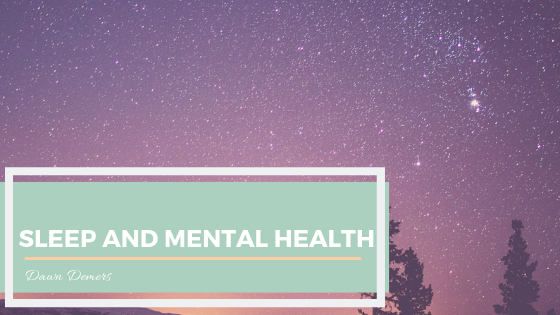Since long before any living human was born, mental health as a whole has been tainted by stigma. People who have exhibited symptoms of depression have long been told to “Get over it,” or ignored completely as being too sensitive. Medical researchers haven’t focused on the advancement of mental health treatments as long or as intensely as they have with physical health. Further, people who suffer from mental health problems haven’t been able to freely speak about their conditions without facing ridicule.
In recent years, the stigma that has historically been deeply tied to mental health has largely been lifted, giving way for meaningful mental health research and boatloads of people to actually seek help for their psychological issues.
Lifestyle Is Tied Directly to Quality of Mental Health
Research has shown that people who lead generally healthy lives are less likely to suffer from mental health issues. Further, those who do have mental health problems experience less severe symptoms than their unhealthy counterparts.
One of the most important parts of living a balanced, healthy lifestyle is regularly getting good sleep.
The University of Oxford Recently Did A Study
Traditionally, mental health practitioners have thought of insomnia, or a chronic inability to sleep well or fall asleep in the first place, as a symptom of depression and other mental health issues.
However, according to a recent study out of the University of Oxford, sleep disruption is a leading component in exhibitions of hallucinations, paranoia, anxiety, depression, general mental wellness, nightmares, and all-around functioning in both the work and home environments.
The study involved treating people who suffered from insomnia and other mental health issues with cognitive behavioral therapy, a type of mental health treatment, that focused on helping participants getting better sleep.
Harvard Medical School Uncovered This Important Finding About Sleep and Mental Health
According to Harvard Medical School, arguably the world’s leading source on all things health-related, anywhere from five to eight out of 10 people who are seen by modern, general psychiatric practices have chronic sleep issues.
This statistic is drastically different as compared to the remainder of the United States population, as just one to two out of 10 American adults suffer from chronic sleep problems.


